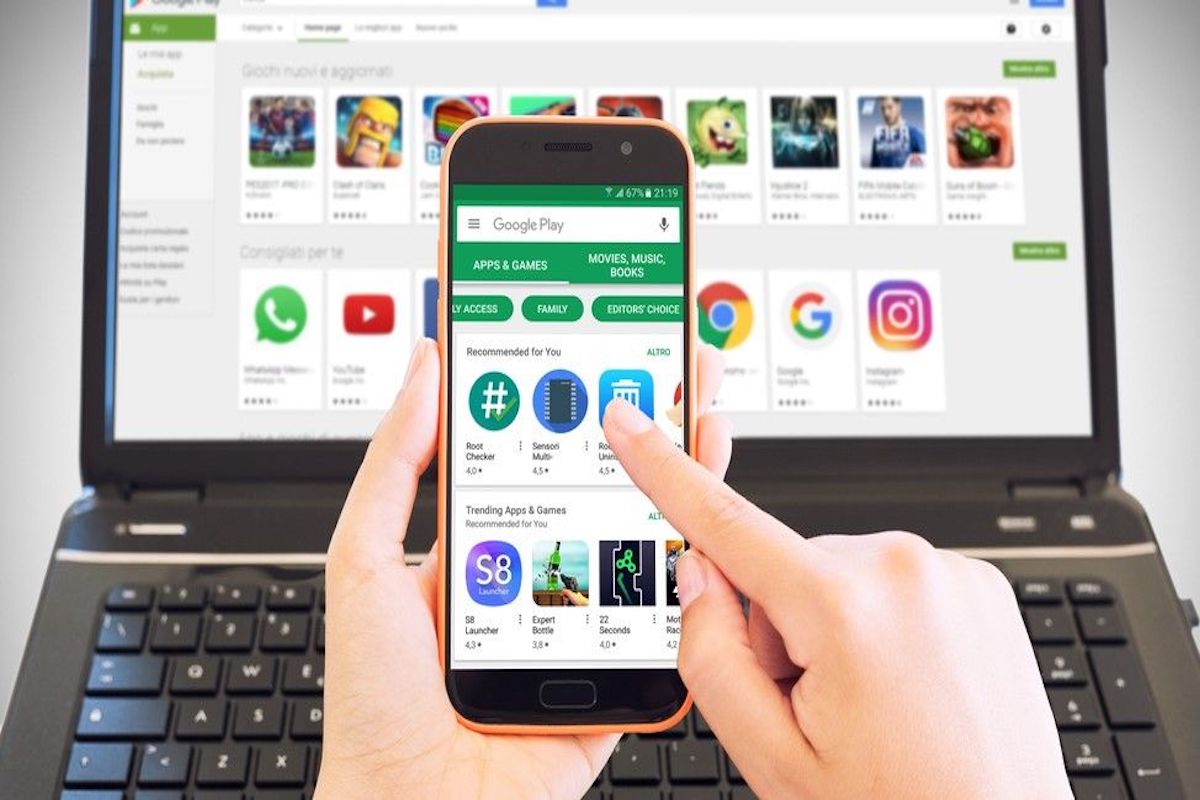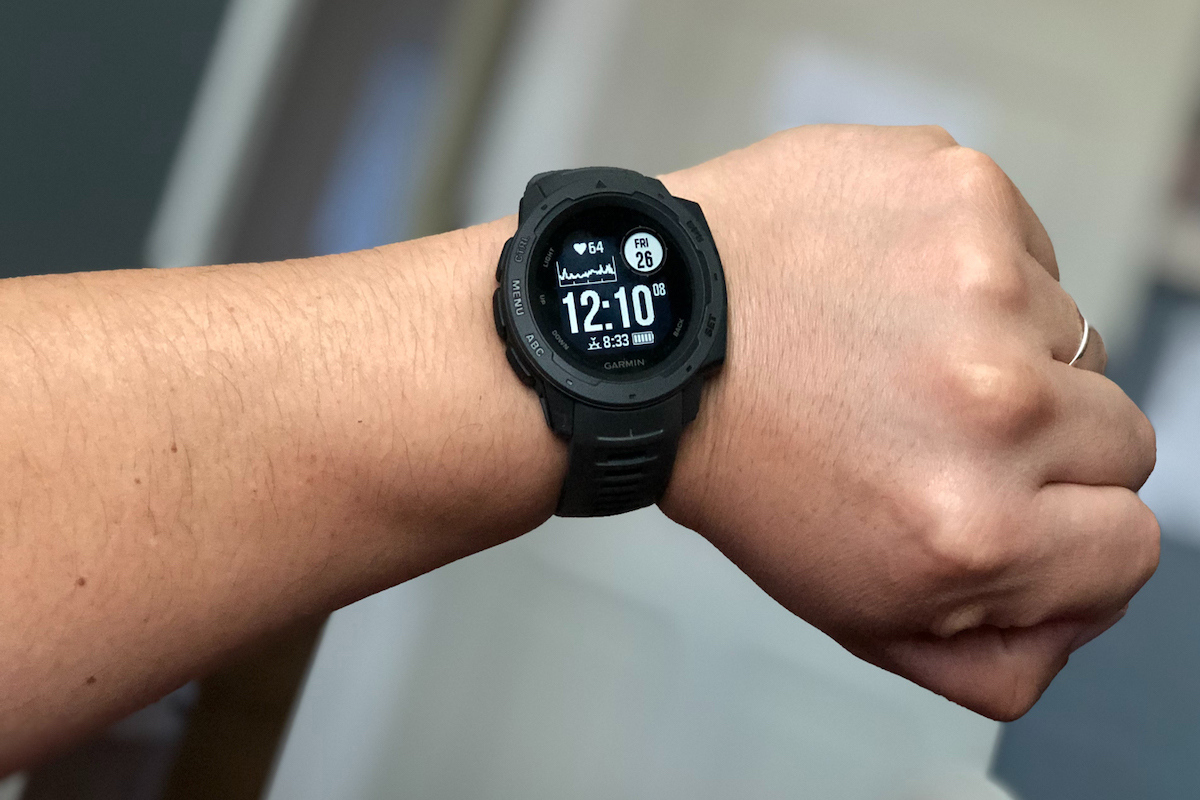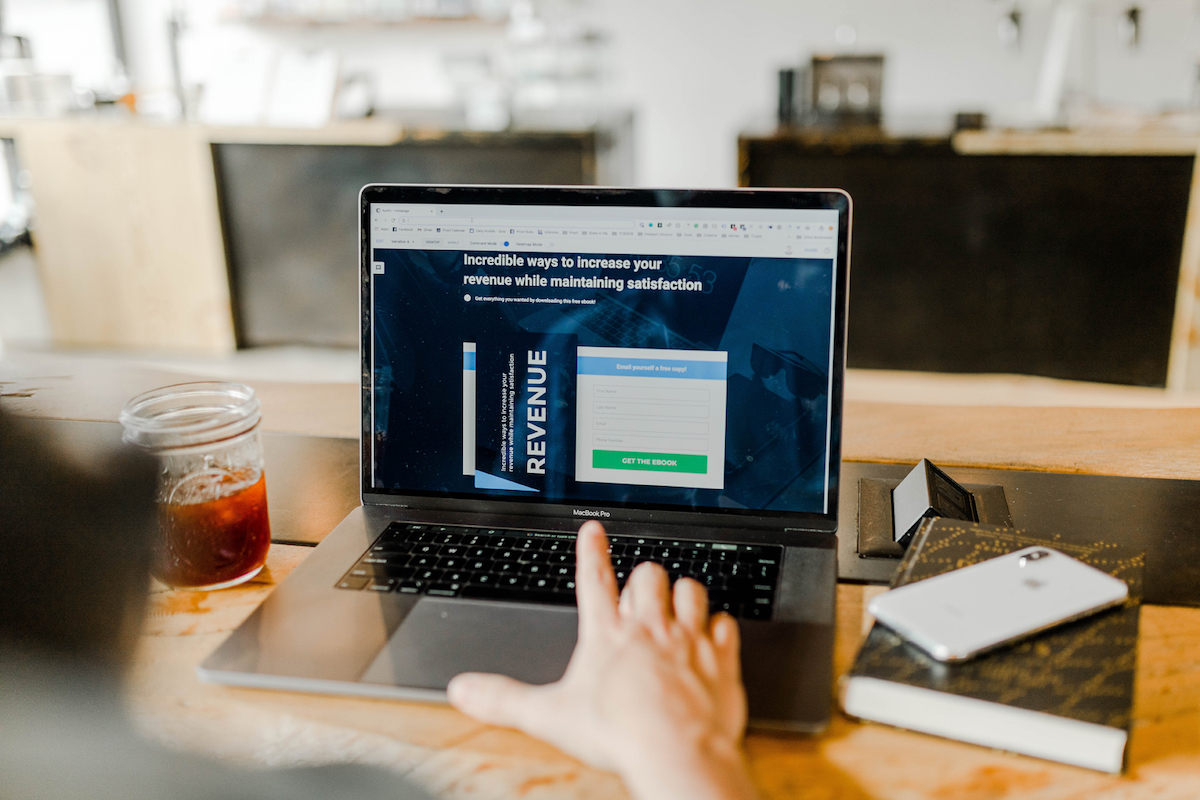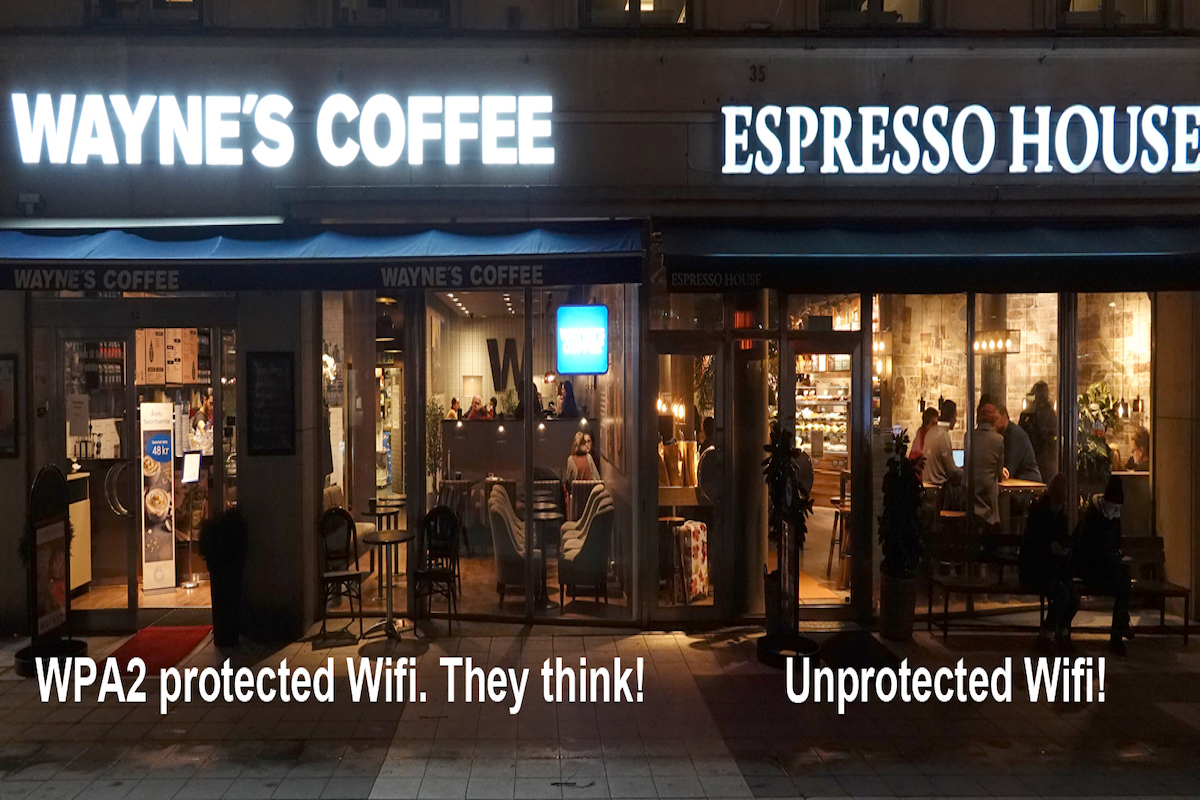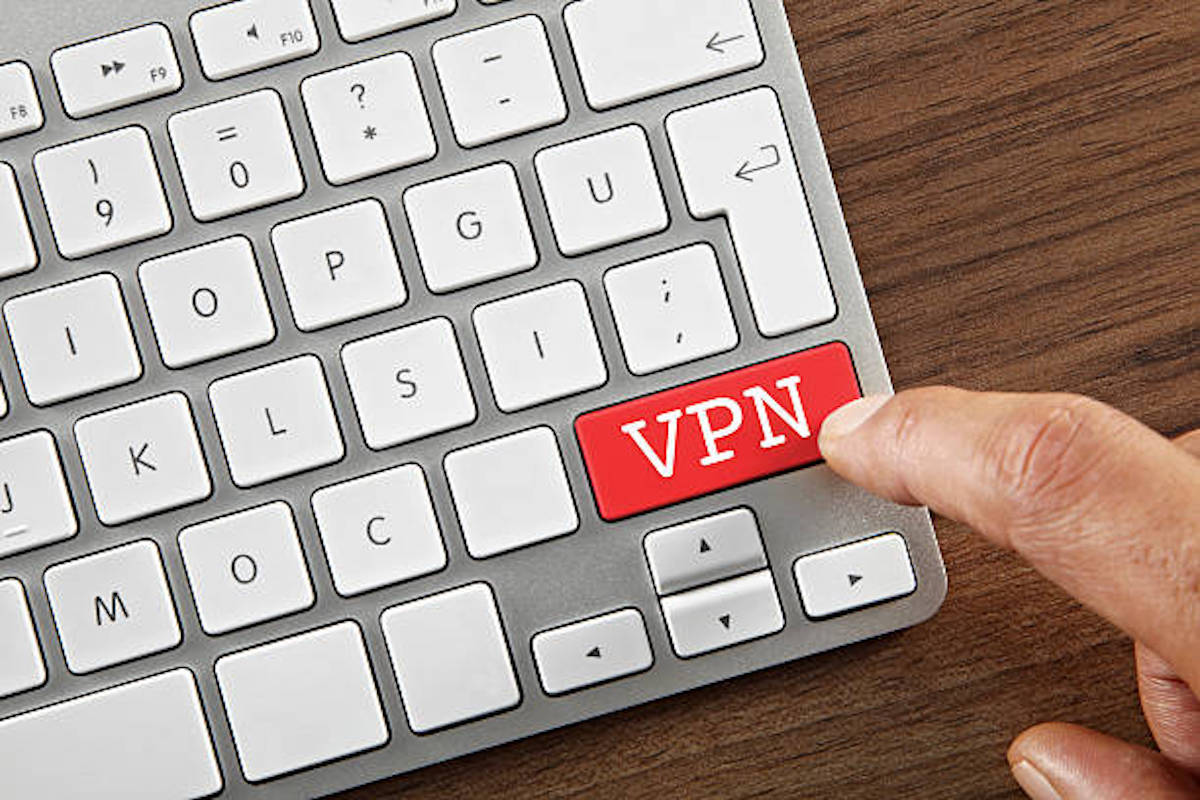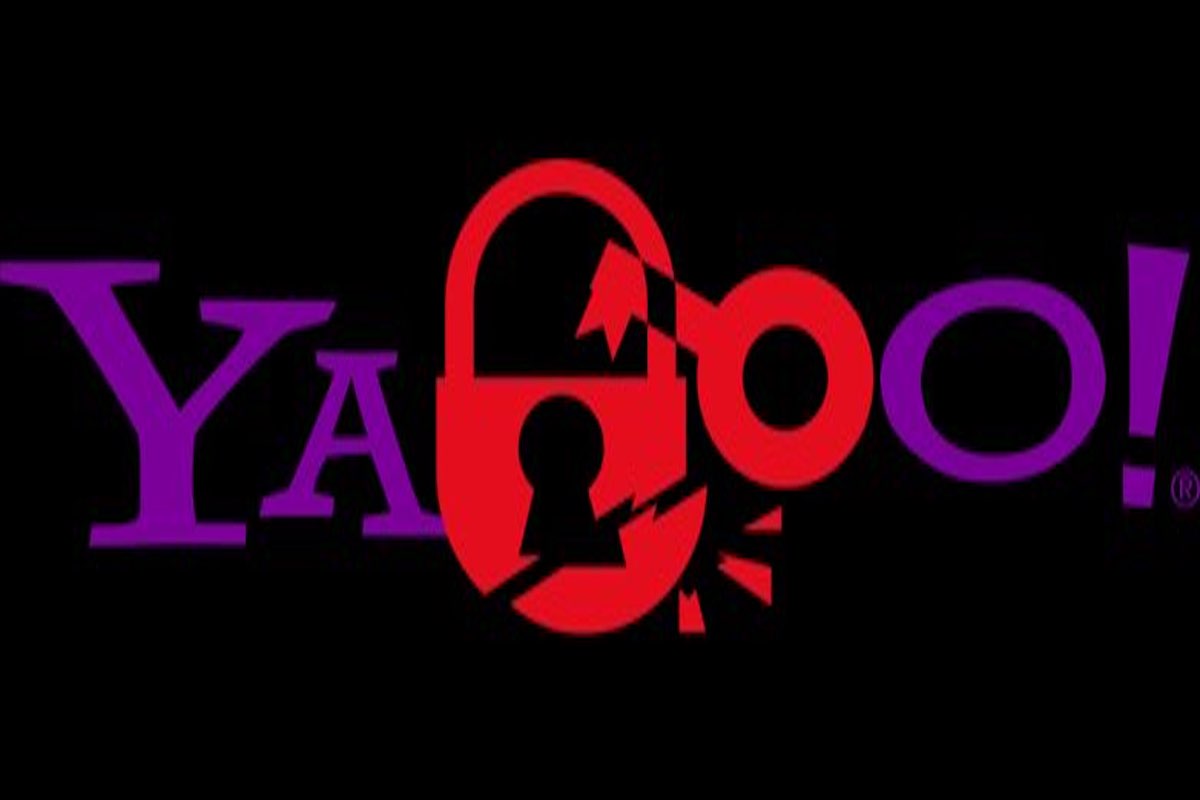The problem with integrity is that it is a bit abstract and difficult to grasp as a concept.
You won’t forget to lock your bike, will you? Thought so. But you do spread your personal data on the Internet just like that?
1Directives – who cares about them?
Unfortunately, the major providers of social media, airlines and e-commerce are not overly interested in guarding your privacy. Hundreds of millions of snippets of personal data are constantly being leaked from the registers of banks, hotel chains and social media. Some of these organisations are fined billions for being careless, but this does not seem to deter anyone.
The EU of course has a data protection directive that all member states must legislate to comply with. It is called “Directive 95/46 / EC” …
And whoops, we forgot it! Too complicated.
The EU directive is all about not allowing personal data travel around outside the countries of origin, or outside the authority that collected them, but this is almost impossible to verify nowadays when data zips around the world in a jiffy, on various cloud services.
To be on the safe side one could, for example, store data at cloud services in encrypted form, but how many are actually doing that? The big international cloud service companies do not move data around for malicious reasons, but because they have different capacities available in different parts of the world. You could say that all data is available everywhere all the time.
The EU of course has a data protection directive that all member states must legislate to comply with. It is called “Directive 95/46 / EC” …
2Personal data is lucrative

Information about some 20 million credit cards is sold on Darknet every year. And it’s not overly expensive. You can buy someone else’s credit card for a fistful of dollars. Exactly how do the villains get hold of the information?
When you buy something on the Internet, you must enter your name, address, credit card number and CVV code (or CVX code). The latter are information that the seller should not get hold of, but should only be verified by the credit card issuer. And how do you know that the website you are seeing, actually belongs to the e-store and not an intermediary who snoops on your e-shopping and sucks up your information, before it is forwarded to the e-merchant and your purchase is completed.
Would you voluntarily lend your credit card to someone you don’t know? That’s exactly what you’re doing.

Do not make the mistake of believing that you are allowed to use social media for free, because Mark Zuckerberg (Facebook), Jack Dorsey (Twitter) and Kevin Systrom (Instagram) are such kind and nice guys.
Mass gathering of political opinion via social media is quite common. Smart and cunning political advisory institutes quickly turn them into pieces of directed political influence that are spewed out in their billions. Although the KGB may use them for something else. This may be offensive to the individual’s privacy, but who cares when there are billions to be made? Sometimes the suppliers get fined, but that is small money in this context. The fact remains, media companies need to make money on something.
3Military data is even more lucrative
Do not make the mistake of believing that you are allowed to use social media for free, because Mark Zuckerberg (Facebook), Jack Dorsey (Twitter) and Kevin Systrom (Instagram) are such kind and nice guys.

Databases with data on a country’s infrastructure, such as the widths of roads, where to land fighter jets, the load capacity of bridges, the depths of ports, the location of transformer stations, coordinates of military installations and the like are very valuable for any country considering invading your country. But surely, such data will not abscond to those who have invasion plans?
Oh yes, it does!
In 2017, the Swedish Transport Agency (regulates and inspects transportation systems in Sweden) thought that outsourcing work with their databases (so-called “IT systems worthy of protection”) was too slow, because there were too many security checks involved. And more. So they made contact at the highest ministerial level and asked to avoid having to conduct security checks of the people in the new management organisation in Romania, the Czech Republic and Serbia. The ministerial answer was: Go Go Go!
The outsourcing process picked up speed, and one can now be pretty sure that the hazardous data has been leaked to a certain country that would very much like to invade Sweden.
Note that this is a single case that became publicly known and can be verified. All other cases, which we do not know about, could be much worse.
Remember: It’s nothing personal. They just want your country!
Note that this is a single case that became publicly known and can be verified. All other cases, which we do not know about, could be much worse.
4What can you do?

- Do not disclose information about yourself. Your personal information is yours, no one else’s. Authorities have the right to require you to identify yourself, and it is appropriate to provide the correct information to your bank, but otherwise, no-no.
- If you have dangerous political opinions, dangerous to yourself or anyone else, do not share them with the whole world. You never know who’s listening. Someone is. Guaranteed.
- The bank never emails you and asks for personal information.
- Nobody wants to give you millions, just because you give them your bank details. Sorry.
- Check that the web site you are using is genuine and does not belong to an intermediary. Does it look strange or unusual, close it.
- Free services are not free services. There’s no such thing as a free lunch.
- Protect your Internet connection with a VPN from Hidden24 to prevent others from snooping on your data.
- Think before you click!
If you have dangerous political opinions, dangerous to yourself or anyone else, do not share them with the whole world. You never know who’s listening. Someone is. Guaranteed.
MORE ARTICLES TO READ

Internet Security
Integrity – Nag, Nag, Nag!
The problem with integrity is that it is a bit abstract and difficult to grasp as a con...

Hacks and Incidents
The Big Hacks that Shook the World
Hackers are international criminals. The Internet allows them to operate anywhere in th...
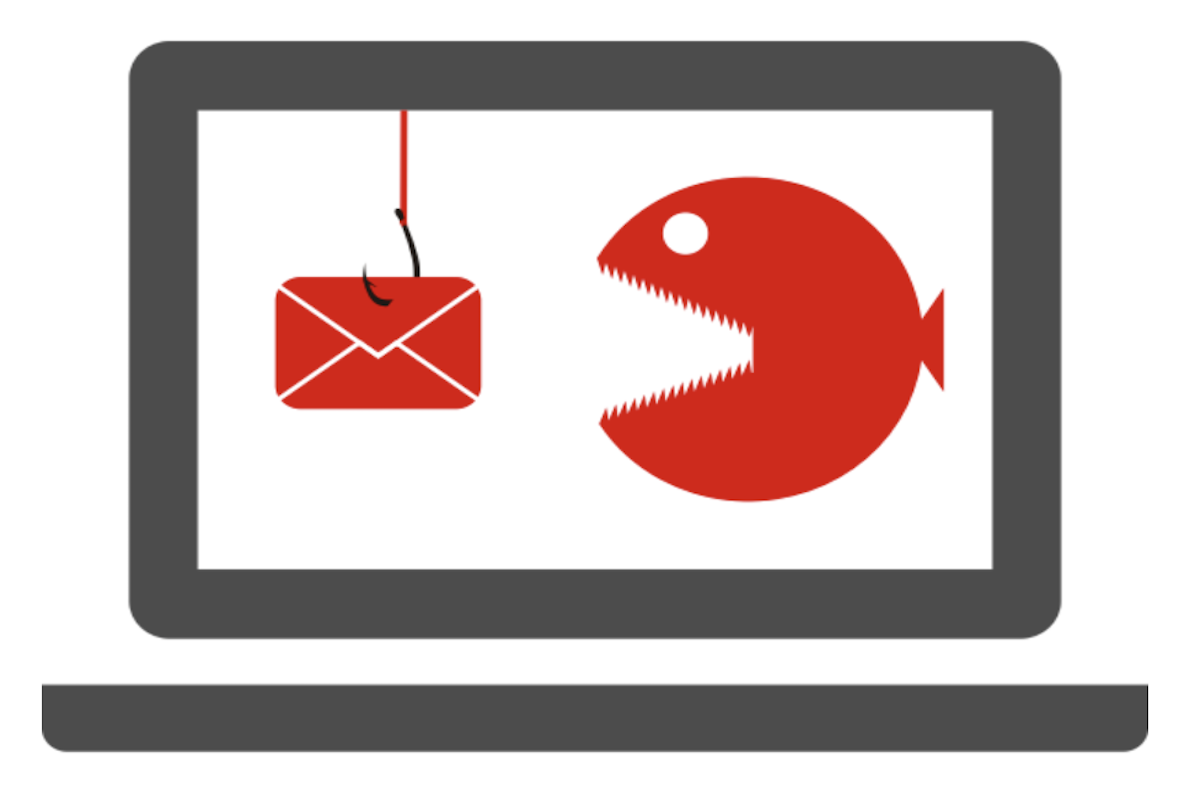
Internet Security
How to recognise phishing email
Do you think all the exciting emails that land in your inbox came from your friends or ...
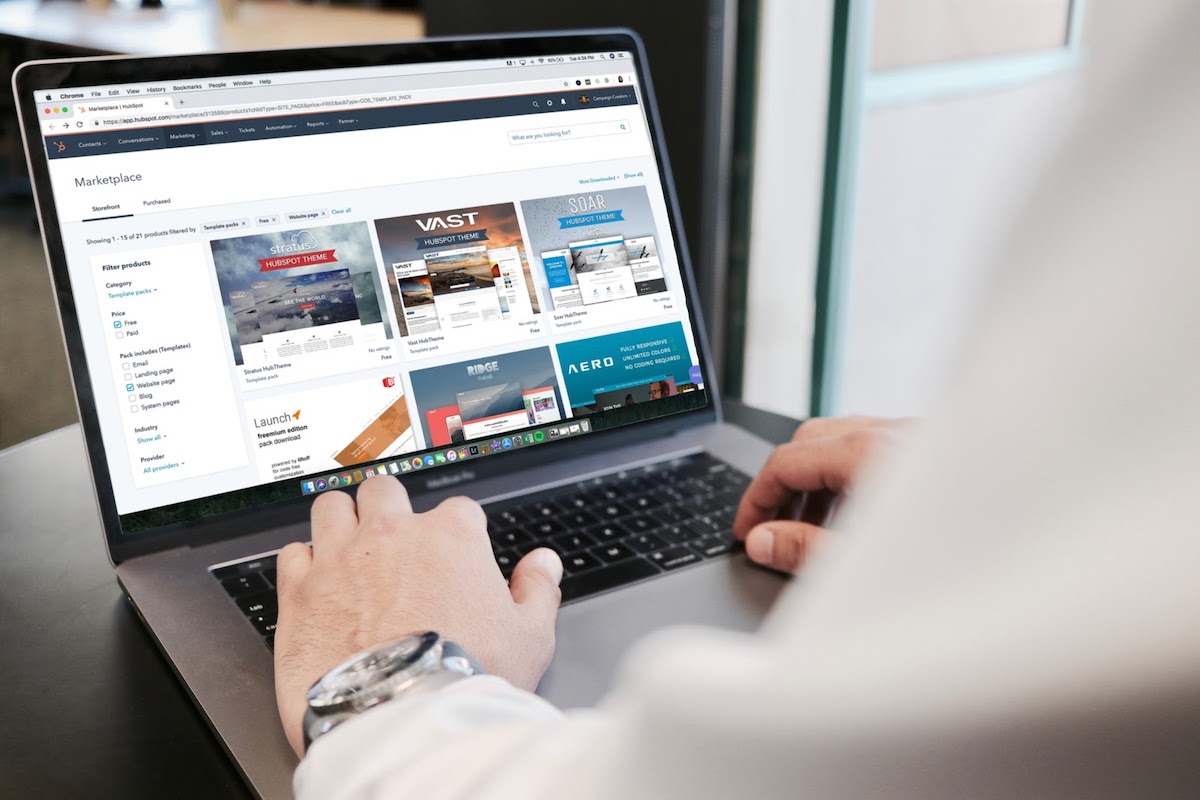
Privacy
How to be invisible online
Taking just a few smart steps can aide your invisibility online and remember it’s impor...

VPN
Hidden24 top 10 rated in Tech Advisors VPN review
Tech Advisor's VPN review praised Hidden24’s simplicity of install, detailed graphical ...
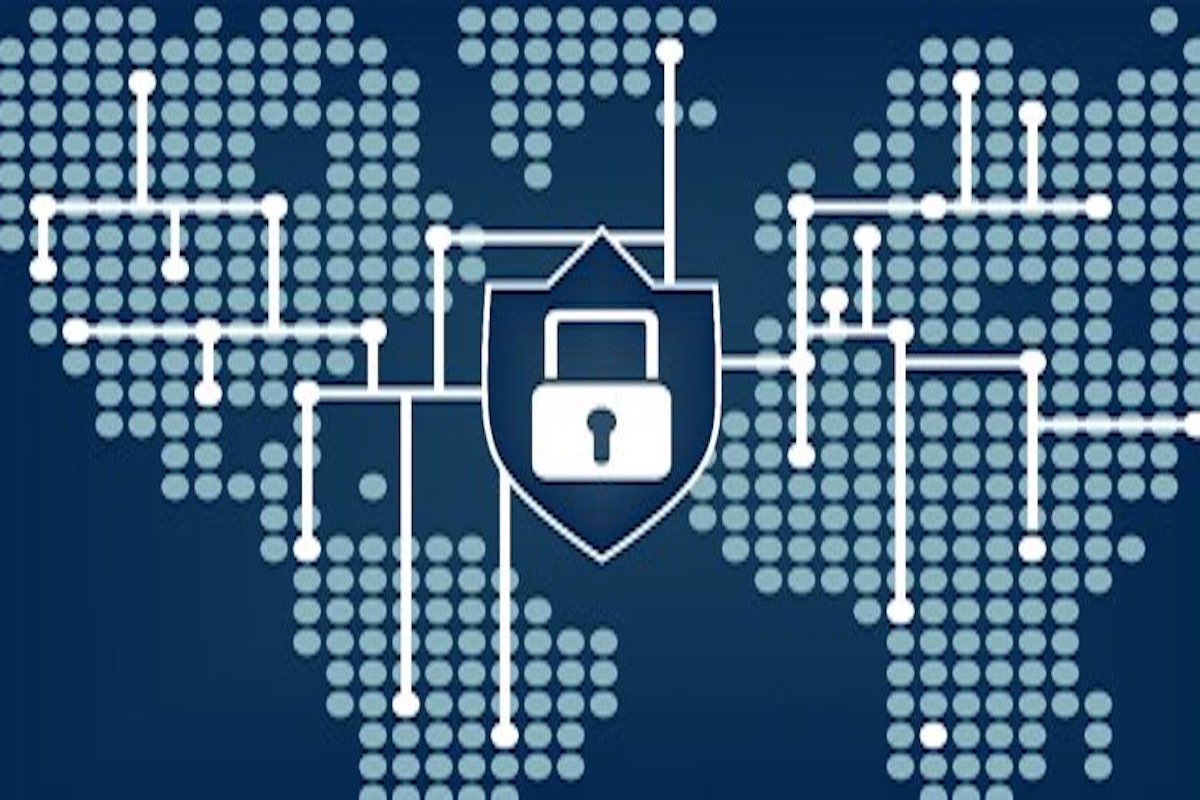
VPN
VPN: The Ultimate Beginners Guide
VPNs are quite popular with everyone in today’s world. VPNs are quite popular with ever...










